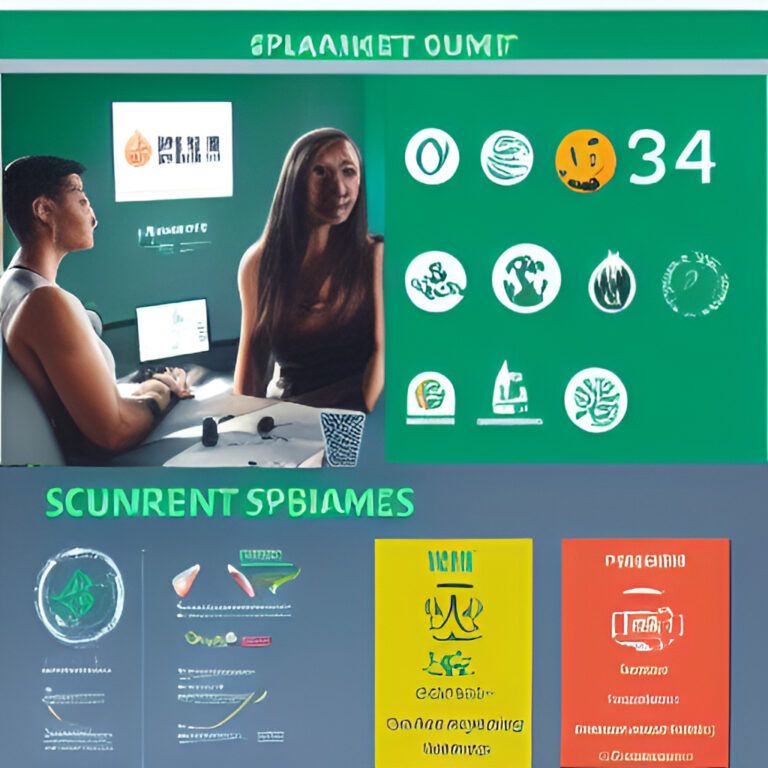Simple Everyday Habits That Can Help Improve Your Memory

Your memory is one of the most critical aspects of your life. It helps you remember where you put your keys, what you need to do today and even cherished memories from your past. Unfortunately, our memory can start to decline as we get older. But don’t worry – there are a few simple everyday habits you can adapt to help improve your memory! Read on for more information.
Simple Everyday Habits That Can Help Improve Your Memory – Summary
Memory is precious, and we want to help you protect and preserve yours. By following these simple tips, you can keep your mind healthy and functioning at its best. And don’t forget – drink plenty of water, get some exercise, and take breaks often! Your brain will thank you for it.
Write things down
Writing things down can enhance our ability to remember and accomplish tasks.
Organize your thoughts
Creating a to-do list can make all the difference in organizing yourself.
Repeat information out loud
This helps to engage multiple senses and allows you to hear and correct any mistakes in your understanding of the information.
Take breaks
Taking regular breaks and getting some fresh air can effectively refresh your mind
Drink plenty of water
Staying hydrated is not just essential for physical health. It can also have a significant impact on cognitive function.
Exercise regularly
Physical activity releases endorphins, improving mood and decreasing stress and anxiety.
AJA Article: Best daily tips for productivity
Write things down – when you put something down on paper, it’s easier to remember
From daily grocery lists to long-term goals, writing things down can enhance our ability to remember and accomplish tasks. By physically putting pen to paper, we commit information to memory more effectively than if we simply tried to memorize it. This practice can be applied to our daily routines, such as writing down a daily to-do list or writing down important reminders.
In the long term, recording our goals and action steps in a journal can increase our likelihood of achieving them. So next time you find yourself trying to remember something, consider taking a moment to write it down – your future self will thank you.

Organize your thoughts by creating a to-do list or planner
Staying organized and on top of tasks can be challenging, but creating a to-do list can make all the difference. Before making your list, take some time to prioritize tasks and determine what needs to be done immediately and what can wait. Once you have established this hierarchy, organizing your to-do list is simple.
Some prefer a traditional written list, while others like using a template or app for easier updating and check marking. Whatever method you choose, update your list daily, so nothing falls through the cracks. A practical approach to creating and maintaining a to-do list can streamline your day-to-day responsibilities and improve productivity.


Repeat information out loud to yourself – this will help “lock” it in your memory
One helpful memorization technique is to repeat information out loud to yourself. This helps to engage multiple senses and allows you to hear and correct any mistakes in your understanding of the information. It can also help with memorizing details or quotes, as hearing them aloud can make them easier to recall.
This technique can be practiced by actively repeating information during studying or memorization sessions or even just saying new information out loud in everyday situations, such as while reading or taking notes. Adding this repetition tactic into your study routine can aid in strengthening and retaining new information.
Take breaks often and get some fresh air – this will help clear your mind and refresh your memory
As any diligent student knows, studying requires focus and concentration. However, it can also be easy to burn out after long periods of sitting and reviewing the material. Taking regular breaks and getting some fresh air can effectively refresh your mind and improve your study sessions.
Stepping away from your books or computer screen not only gives your eyes a break but can also allow you to reset your thoughts and approaches to the material. If you feel losing focus or struggling to retain information, it may be a sign that you need a break.
Take some time for self-care – stretch, grab a snack, or take a short walk outside – for your mind to fully recharge and return ready to tackle whatever material may come your way. Don’t forget: rest is just as important as hard work when studying effectively and staying on top of your game.

Drink plenty of water throughout the day – dehydration can lead to poor memory function
Staying hydrated is not just essential for physical health, it can also have a significant impact on cognitive function. Studies have shown that even mild dehydration can lead to decreased attention and memory capabilities, while severe dehydration can drastically affect the brain.
Symptoms of dehydration include headaches, fatigue, and confusion, all of which can impair memory function. So make sure to drink plenty of water throughout the day to keep your brain operating at its best. In addition to water, other hydrating fluids such as fruit and vegetable juices and herbal teas can also contribute towards sufficient hydration levels. Your memory will thank you for it!
Exercise regularly – physical activity helps keep the brain healthy and functioning properly
Regular exercise has numerous physical health benefits, but it can also positively impact mental health. Physical activity releases endorphins, improving mood and decreasing stress and anxiety. Compared to those who lead sedentary lifestyles, physically active individuals tend to have lower rates of depression and better cognitive function.

Regarding brain health, exercise helps improve blood flow to the brain and the growth of new brain cells and connections. Increasing evidence suggests that being physically fit can decrease the risk of developing neurodegenerative diseases like Alzheimer’s.
So, not only is exercise important for maintaining general physical health, but it can also have a significant impact on our mental well-being and brain function. Making time for regular physical activity is crucial in promoting overall health and wellness.
AJA Article: Best daily tips for productivity














